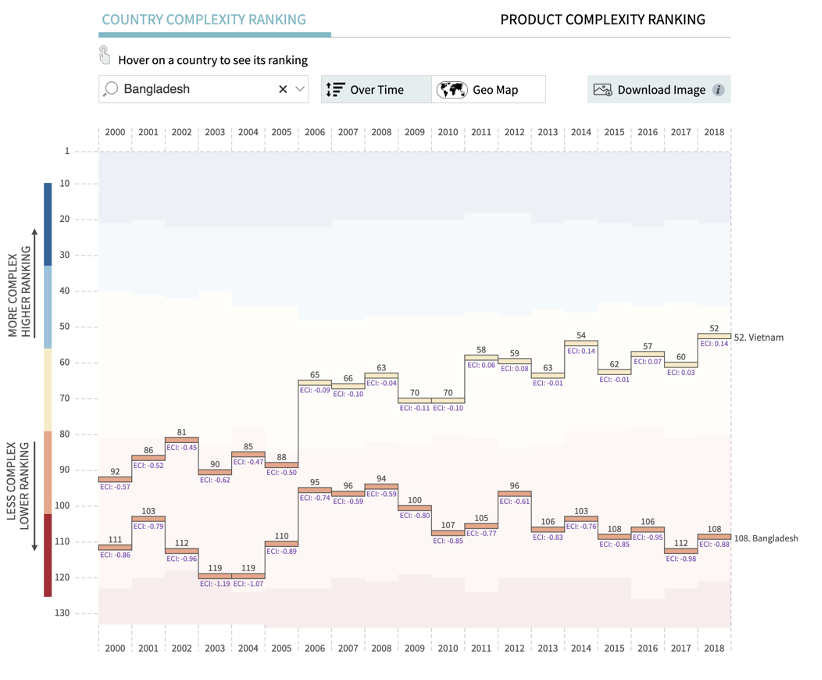Many are appalled by this trolling
I agree, it glosses over poverty wages, harassment, corporate impunity & obscures differences btwn E & S Asia
But there is a kernel of truth
Paid work outside the home enhances women’s autonomy
In low tech poor places this starts with https://abs.twimg.com/emoji/v2/... draggable="false" alt="👕" title="T-Shirt" aria-label="Emoji: T-Shirt"> https://twitter.com/catoinstitute/status/1381242399343718402">https://twitter.com/catoinsti...
https://abs.twimg.com/emoji/v2/... draggable="false" alt="👕" title="T-Shirt" aria-label="Emoji: T-Shirt"> https://twitter.com/catoinstitute/status/1381242399343718402">https://twitter.com/catoinsti...
I agree, it glosses over poverty wages, harassment, corporate impunity & obscures differences btwn E & S Asia
But there is a kernel of truth
Paid work outside the home enhances women’s autonomy
In low tech poor places this starts with
Poor countries that do not diversify or upgrade economically tend to repress labour to maintain export competitiveness
In low-end supply chains, buyers set low prices & even renege on their commitments (as occurred under the covid economic downturn)
Cue low wages & precarity
In low-end supply chains, buyers set low prices & even renege on their commitments (as occurred under the covid economic downturn)
Cue low wages & precarity
And my comments are not to imply that global corporations are & #39;saving poor women& #39;.
But I must object to the pious, parochial idiocy of those who ignore the alternatives in poor places.
If labour demand in manufacturing is weak, a Dalit woman cannot escape an abusive village.
But I must object to the pious, parochial idiocy of those who ignore the alternatives in poor places.
If labour demand in manufacturing is weak, a Dalit woman cannot escape an abusive village.
If you& #39;re sceptical but curious, see my piece on
"Why East Asia overtook South Asia in Gender Relations" https://www.draliceevans.com/post/how-did-east-asia-overtake-south-asia">https://www.draliceevans.com/post/how-...
"Why East Asia overtook South Asia in Gender Relations" https://www.draliceevans.com/post/how-did-east-asia-overtake-south-asia">https://www.draliceevans.com/post/how-...
One more thing..
In societies where organised labour has been sufficiently strong to secure workers& #39; rights, notwithstanding low productivity, those high labour costs have curbed labour demand.
Employers cannot afford to hire more workers, & women are at the back of the queue.
In societies where organised labour has been sufficiently strong to secure workers& #39; rights, notwithstanding low productivity, those high labour costs have curbed labour demand.
Employers cannot afford to hire more workers, & women are at the back of the queue.

 Read on Twitter
Read on Twitter


